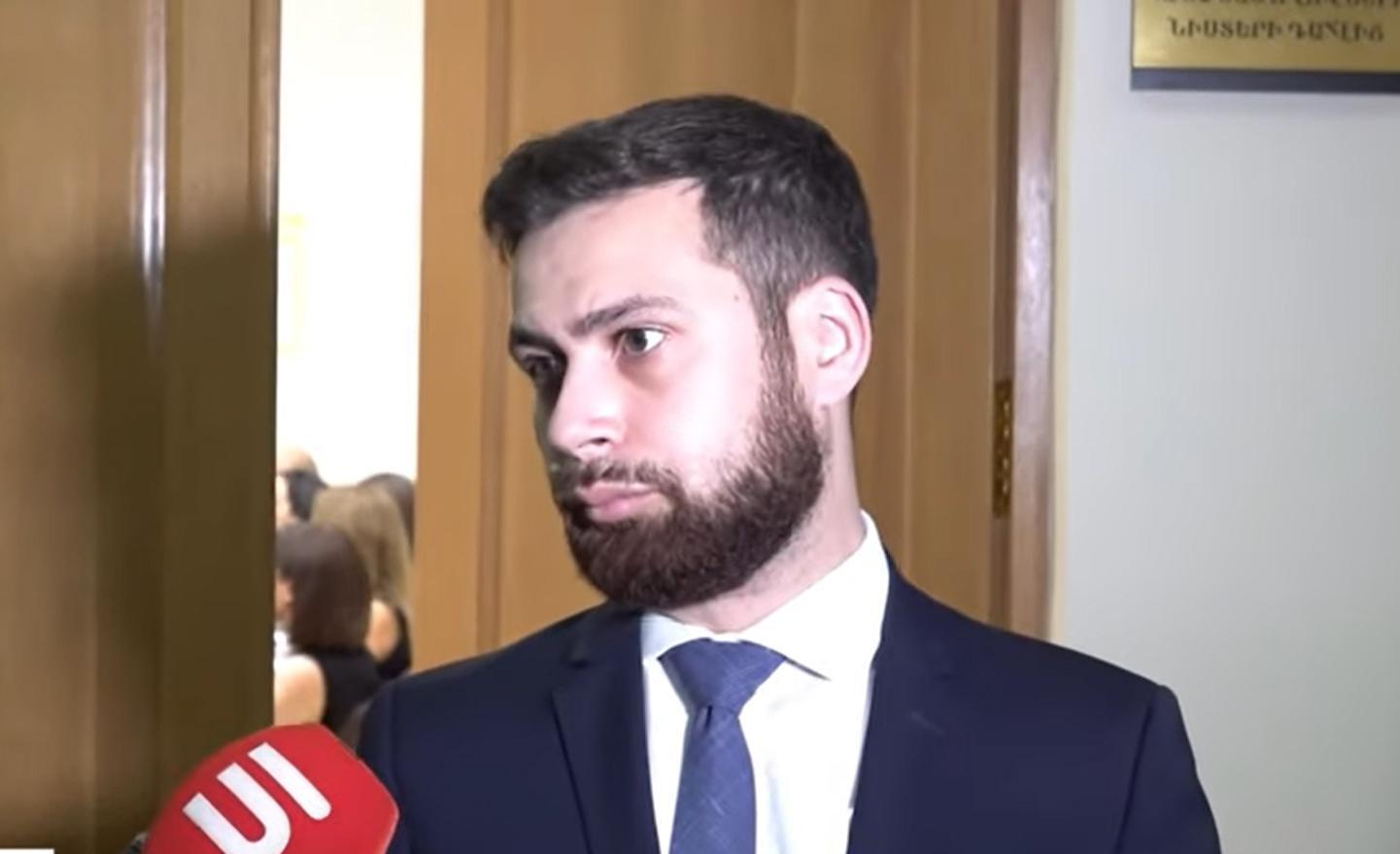Yerevan comes to realise it can cut Gordian knot of longstanding conflict with Baku No need for self-interested mediators
Sometimes Armenia comes to the right conclusions. Not the whole country, but I like their line of thinking.
"It is important for us that the platforms where the discussions take place serve the interests of stability and the establishment of peace, and not the interests of mediators trying to extract their own dividends from this process," said Deputy Foreign Minister Vahan Kostanyan on Armenian Public Television, when asked why Yerevan was not trying to conclude a peace treaty with Azerbaijan in Russia.
Responding to a question about whether Moscow is neutral, Kostanyan said: "It is logical for any state to promote its own interests. Armenia also assesses how these interests match its own, especially the inviolability of Armenia's borders, sovereignty and territorial integrity".

The speaker of the National Assembly of Armenia, Alen Simonyan, made a similar statement a short while ago. The only difference was that his reference was to France, not Russia, as a mediator. Simonyan went on to say that every country trying to mediate in the peace process had its own interests. But there is something that unites the different states in addition to the national interests of each country.
"There is no need to be romantic and think that, for example, the French love us because of our beautiful eyes or our history, while other people do not. These are fairy tales. Interests either match or they do not," said Simonyan.
As we can see, there are already two statements from Yerevan that attest to the current leadership's understanding of the new objective realities that have replaced the old.
What were the former realities? It was that 20 per cent of Azerbaijan's territory was under Armenian occupation. Resolutions were adopted by the UN Security Council and the UN General Assembly, the Parliamentary Assembly of the Council of Europe and other organisations, which clearly stated the necessity of withdrawal of illegal Armenian armed formations from the occupied territories of our country. But all these resolutions did not change the real situation in the slightest, and official Yerevan continued to imitate the willingness for peace.
All the countries co-chairing the OSCE Minsk Group supported Armenia in its imitative policies. They always acted on the basis of their own interests, and all three countries were satisfied with the situation in which one-fifth of Azerbaijan's territory was under Armenian occupation and negotiations had been going on for decades without any result.
And all these three countries insisted that there was no military solution to the Armenian-Azerbaijani conflict. In fact, both the former and the current Armenian authorities acted on the basis of such a consensus among the countries that co-chaired the OSCE Minsk Group. Prime Minister Nikol Pashinyan's statement that "Karabakh is Armenia and that's it" was also dictated by the position of the US, France and Russia as OSCE Minsk Group Co-Chairs.

Everything changed dramatically with the victory of Azerbaijan in the 44-day war and the brilliantly conducted anti-terrorist operation in the Karabakh region. Yerevan became convinced that Azerbaijan, which had fully and finally restored its sovereignty and territorial integrity and was acting strictly within the framework of Article 51 of the UN Charter, could not be confronted by anyone. Baku offered a concrete peace plan and direct bilateral negotiations without mediators. And there was already a precedent that proved the correctness of Azerbaijan's position. I'd like to remind you that in early December last year, following bilateral negotiations between Baku and Yerevan, they exchanged soldiers. In addition, Armenia and Azerbaijan have agreed to support each other's candidacies on a number of international platforms.
It is obvious that only in this way, through an honest and open dialogue without mediators, each of whom is pursuing his own interests, Azerbaijan and Armenia will be able not only to sign a peace treaty but also to cut the "Gordian knot" of the long-standing problems between our countries and peoples. Yes, the process will be hard and will not be quick. But the only option for peace is war. And Azerbaijan has no desire for war. Will the current Armenian authorities be able to resist external and internal pressures and move from words to deeds in establishing peace with Azerbaijan? It remains to be seen.








